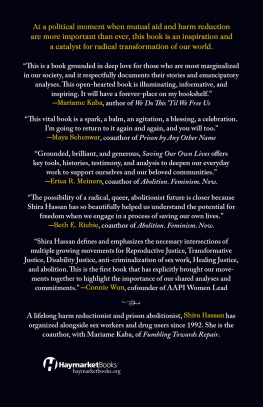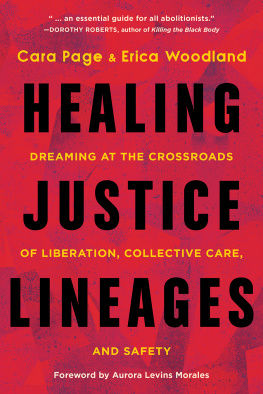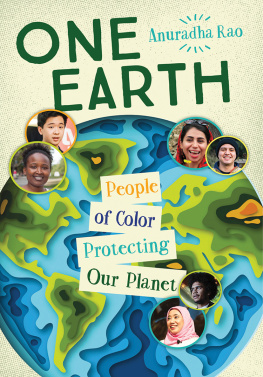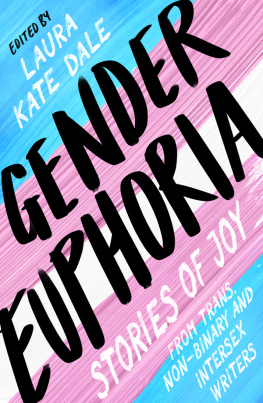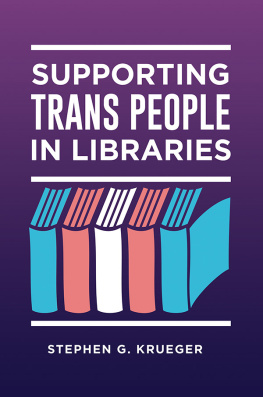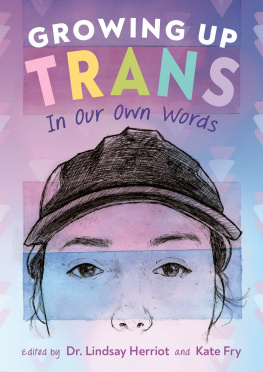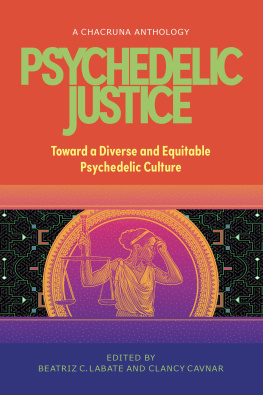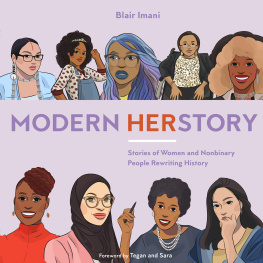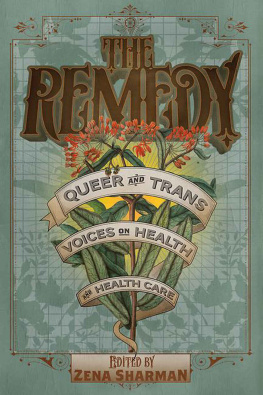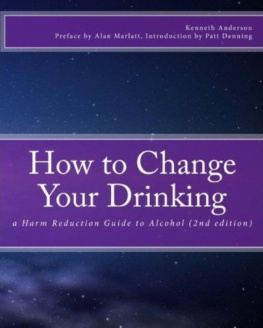Contents
Landmarks
Praise for Saving Our Own Lives
Saving Our Own Lives is rooted in Shira Hassans extensive experience in and commitment to harm reduction as a liberatory practice. This is a book grounded in deep love for those who are most marginalized in our society, and it respectfully documents their stories and emancipatory analyses. This open-hearted book is illuminating, informative, and inspiring. It will have a forever place on my bookshelf. Mariame Kaba, author of We Do This Til We Free Us
This vital book is a spark, a balm, an agitation, a blessing, a celebration. Through narrative and research and conversation and reflection, Saving Our Own Lives tears down the myths perpetuated by the medical-industrial complex and prison-industrial complex and shows us how communities have been building ways to survive and heal in spite ofand againstthese systems. Shira Hassans book is at once expansive and personal, far-reaching and like coming home. Im going to return to it again and again, and you will too. Maya Schenwar, coauthor of Prison by Any Other Name and editor-in-chief of Truthout
Grounded, brilliant, and generous, Saving Our Own Lives offers key tools, histories, testimony, and analysis to deepen our everyday work to support ourselves and our beloved communities. As always, deep gratitude to the visionary Shira Hassan for this luminescent collection, resplendent with the power to shift hearts and minds. A must-read for organizers, educators, and all of us working to do more than struggle and survive. Erica R. Meiners, coauthor of Abolition. Feminism. Now.
This brilliantly moving bookat once a generous love letter to our freedom movements and an urgent demand for radical, transformative workwill inspire readers not only to think about harm reduction differently but to actually live in ways that reflect a commitment to its liberatory potential. Shira Hassan has brought together an amazing chorus of voices that includes freedom fighters, political educators, cultural workers, BIPOC leaders, and Disability Justice activists, whose analyses and reflections offer exactly the kind of collective wisdom and encouragement that we need right now. Indeed, the possibility of a radical, queer, abolitionist future is closer because Shira Hassan has so beautifully helped us understand the potential for freedom when we engage in a process of saving our own lives. Beth E. Richie, coauthor of Abolition. Feminism. Now.
Saving Our Own Lives is one of the most important books that I have read in a long time. Shira Hassan defines and emphasizes the necessary intersections of multiple growing movements for Reproductive Justice, Transformative Justice, Disability Justice, anti-criminalization of sex work, Healing Justice, and abolition. This is the first book that has explicitly brought our movements together to highlight the importance of our shared analyses and commitments. Saving Our Own Lives is also a tribute to leaders, organizers, care workers, and icons who have long been at the forefront of liberatory struggles but have been historically neglected or deemed disposable by mainstream and leftist movements. This book weaves together painful stories, astute political insights, research, theory, and lived experiences to remind readers of the importance of community and our commitments to one another. For those of us who have been at the outskirts of multiple spaces and places, this is a guide, an affirmation book, a welcome mirror, an entire embrace. This book reminds us that the power has always been with us, and it welcomes everyone else to learn from and to join us. Connie Wun, cofounder of AAPI Women Lead
With Saving Our Own Lives, Shira Hassan has yet again provided an immensely practical, grounded, inspiring, indispensable tool for our struggles. This book will introduce a whole new generation of organizers who got involved in anti-police mobilizing and COVID mutual aid projects to the history, principles, and practices of Liberatory Harm Reduction, which are essential for ensuring this work resists paternalistic charity dynamics, brings everyone along, and actually builds the new world we need rather than just tinkering with the broken institutions that currently dominate us. Saving Our Own Lives is packed with compelling stories that show what Liberatory Harm Reduction is and what it can do, and what tensions surround its practice that need to be attended to with care by its practitioners. Shira shares her particular wisdom, gleaned from years of practice in communities most harmed by policing and coercive social services and healthcare models, showing paths forward that generate community-based solutions that we can all start working on right now. This book is easy to read and ready to inspire us all as we take the difficult and urgent next steps confronting the unfolding crises of our times. Dean Spade, author of Mutual Aid
Saving Our Own Lives is a courageous, insightful, and vulnerable offering from Shira Hassan, pulled from three decades of her life and movement history. Part narrative of how she saved her own life along with those of many others, part handbook on how practicing harm reduction creates liberatory and resilient movements, and part history lesson illustrating the role of harm reduction for decades past and decades to come, this book is an essential read, as oppressed communities are co-figuring how to survive these times together. Ejeris Dixon, executive director of Vision Change Win
As someone who has had the privilege of learning from Shira Hassan and her community of Liberatory Harm Reductionists, I know what an incredible gift it is that now the rest of the world can too. Saving Our Own Lives fiercely reclaims the roots of harm reduction in disabled, Indigenous, Black, queer, trans, sex working, drug using, and migrant communities, and challenges conventional wisdoms around treatment, service provision, violence, trauma, survival, resilience, empowerment, and change in ways that are absolutely essential, in the current moment and to build the futures we want. Whether we are looking for lessons on how to tackle the opioid crisis, interrupt and heal from violence, or ensure Reproductive Justice for all, the chorus of voices gathered in this volume offers incisive, insightful, and practical real talk from the front lines. Simultaneously irreverent and serious as a heart attack, Saving Our Own Lives tells it like it is and as it needs to be if we are all going to survive what is unfolding now and what is to come. Andrea J. Ritchie, cofounder of Interrupting Criminalization and coauthor of No More Police
Saving Our Own Lives is truly a priceless gift to the world. Each chapter or revolutionary love note recounts the beautiful, brilliant, and, at times, painful histories of the family of Black, Indigenous, and People of Color organizers, people in the sex trade, sex workers, young people, queer people, trans people, and those whose street-based strategies for survival and love created what we now know as harm reduction. There are so many lessons on each and every page, all exquisitely written to document stories that we should already know and principles of liberation that we should be practicing every day. This book should be read page by page by everyone and held close at hand for constant reminders of those to whom we owe so much. Shira Hassan, in collaboration with her revolutionary harm reduction family, has created an incredible book that has such relevance to our continued co-creation of a liberatory abolitionist future.

